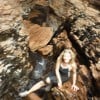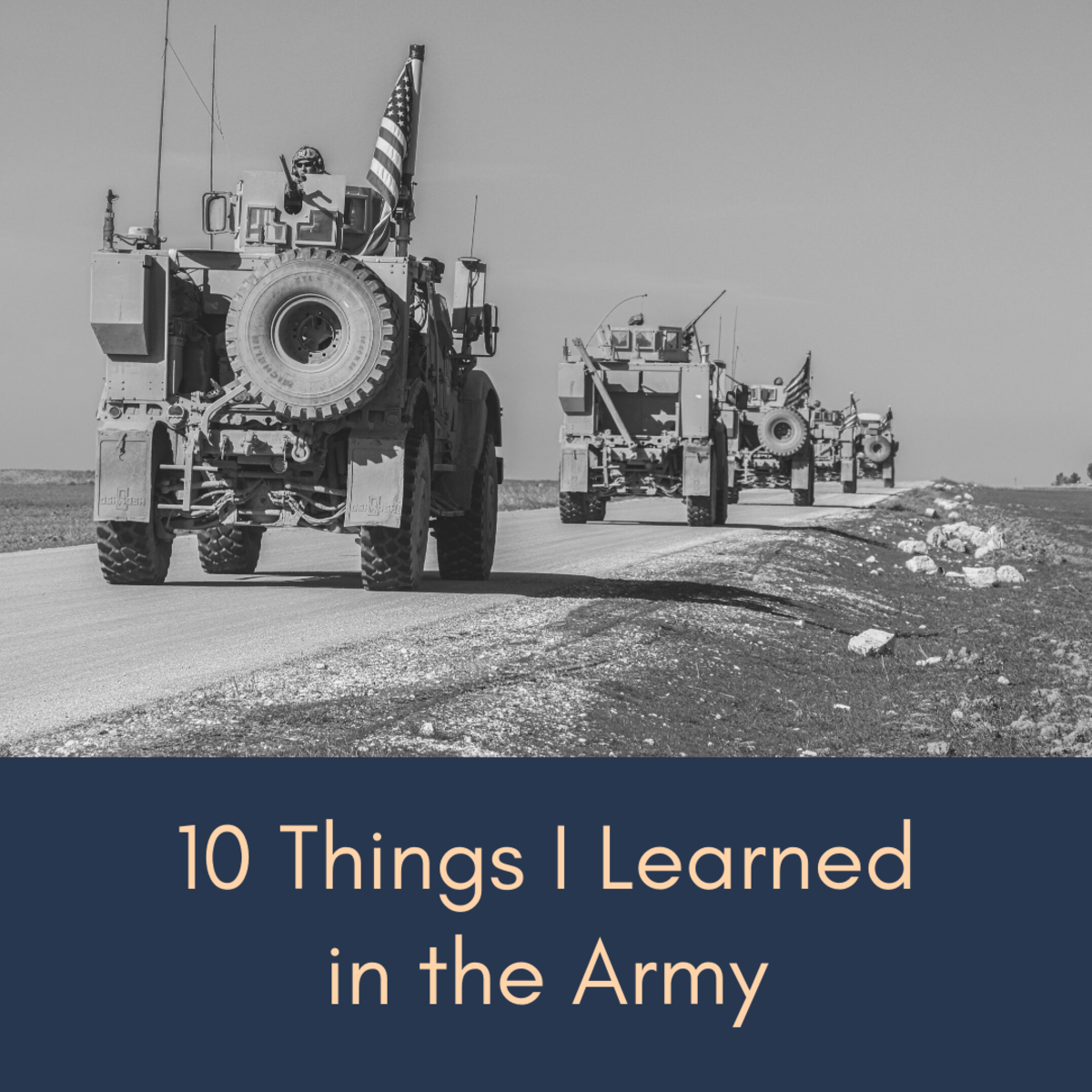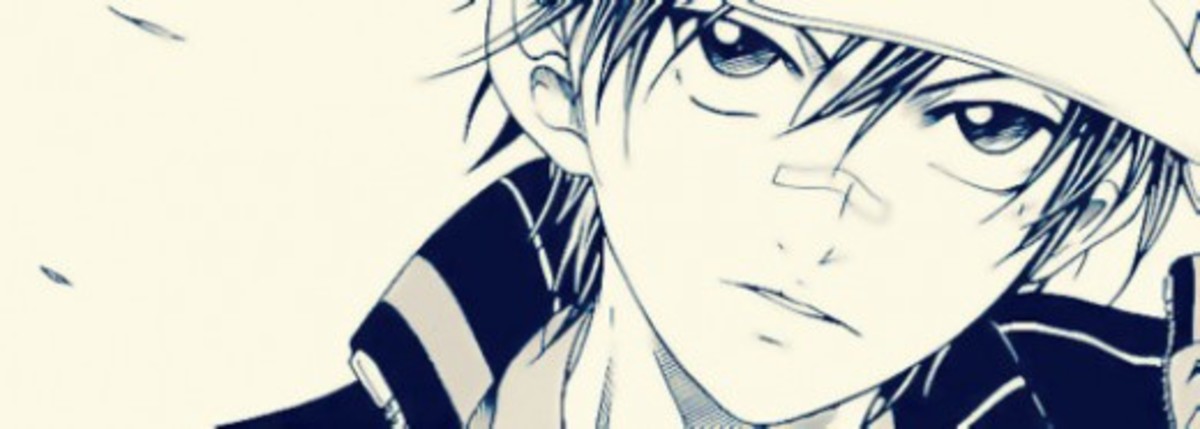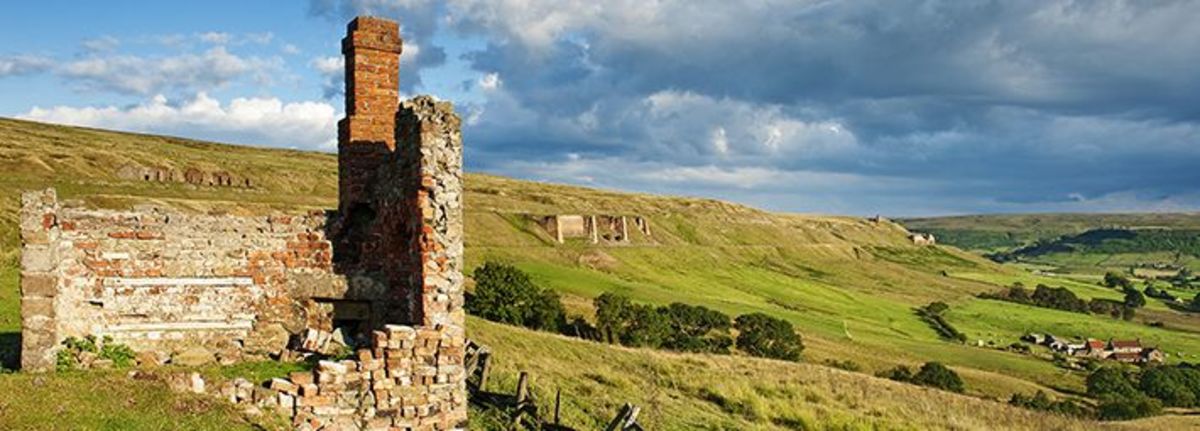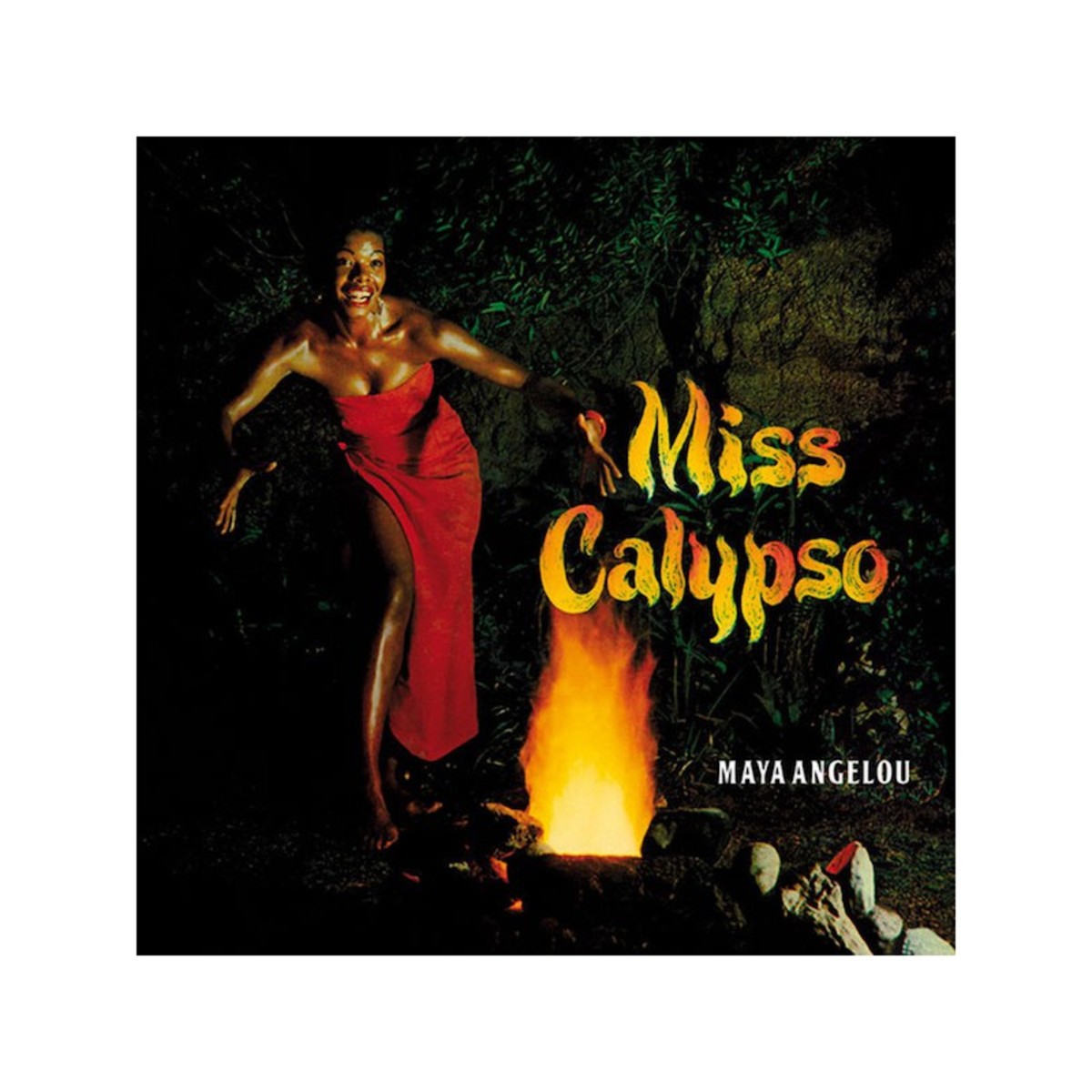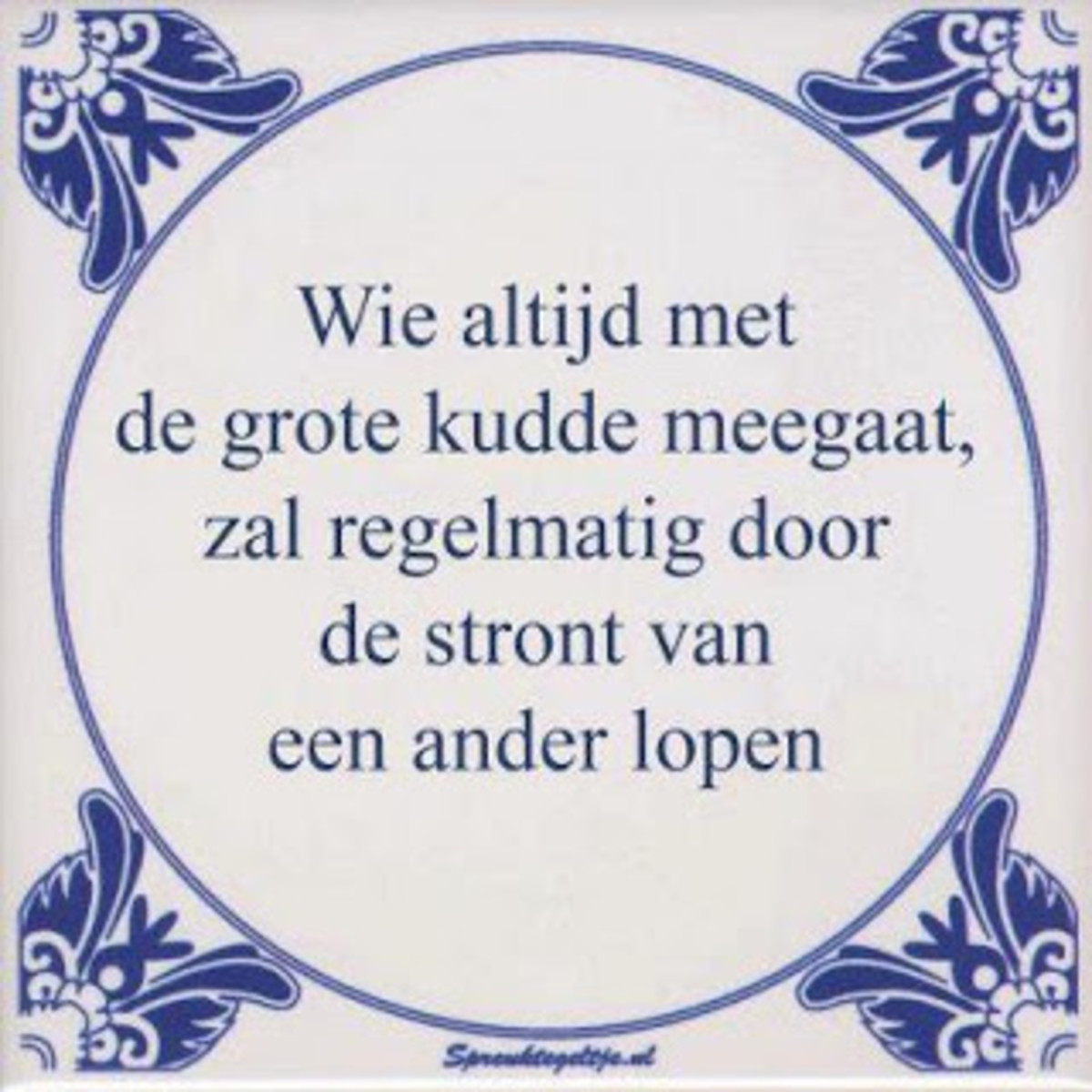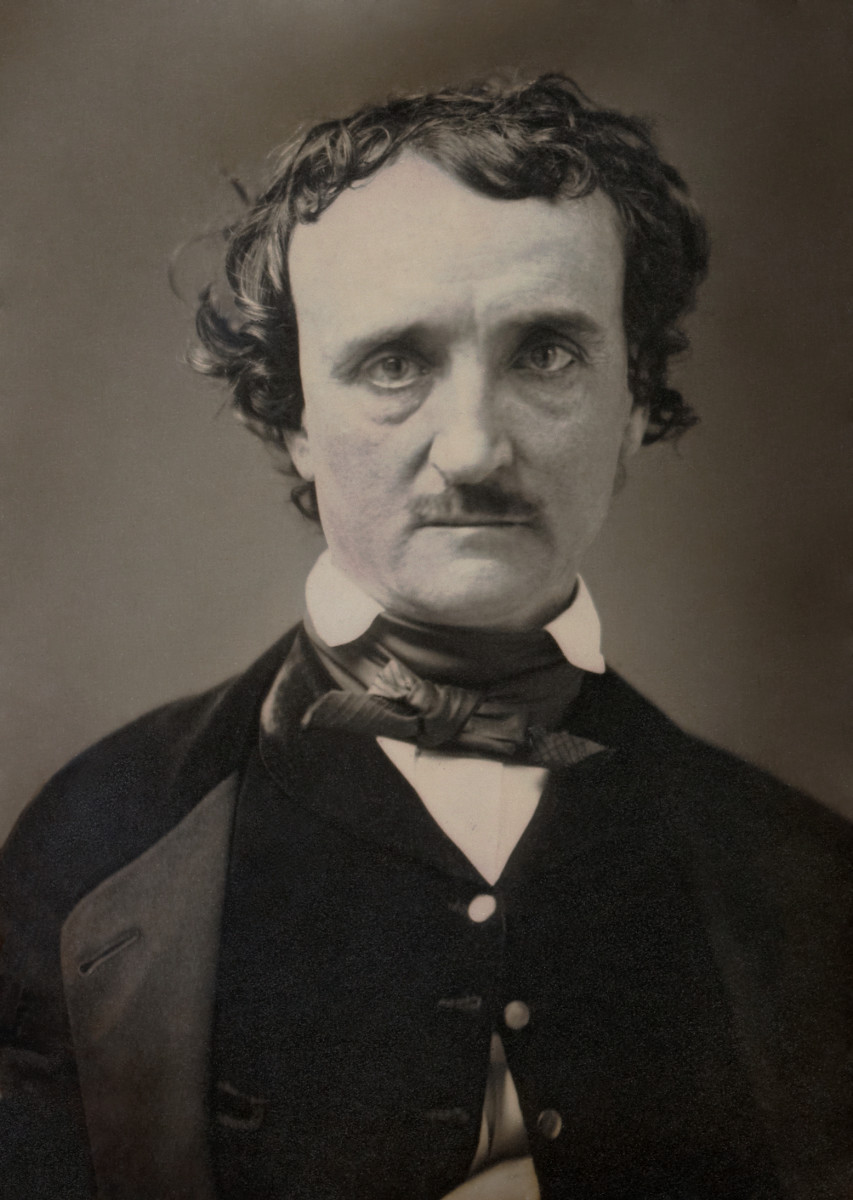The Flying Cyprian Part 2
Who seeks truth doesn't seek the answers but look for the right question to ask...
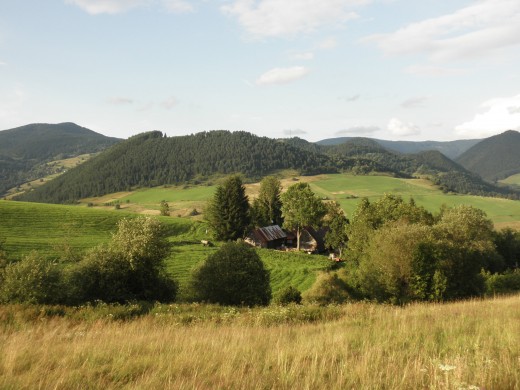
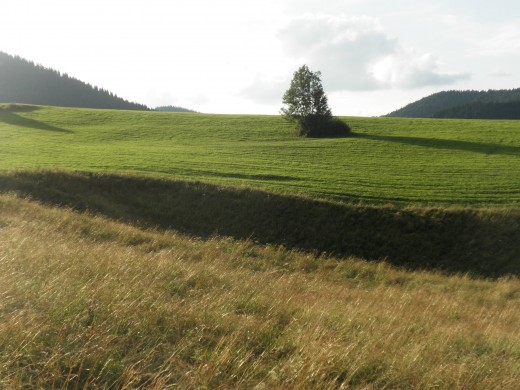
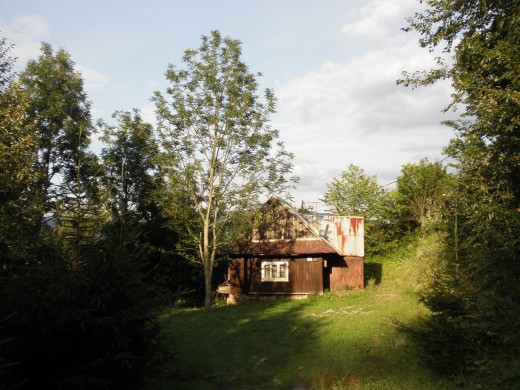
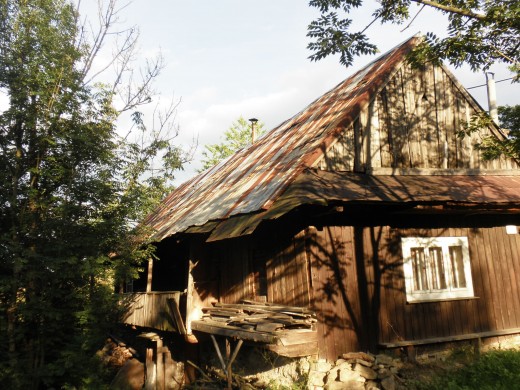
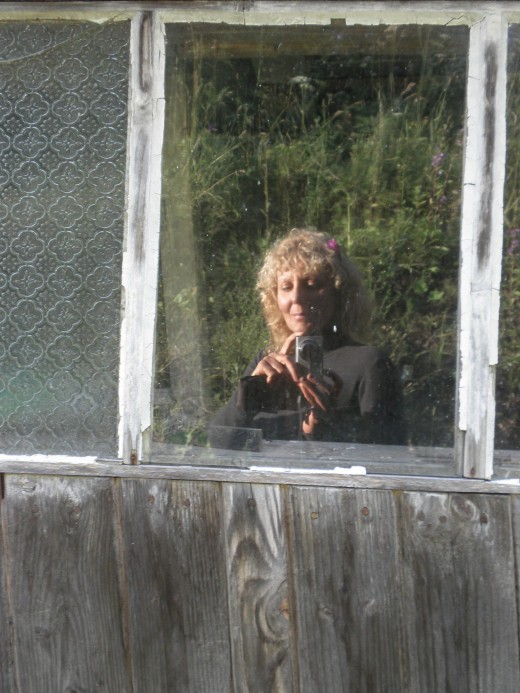
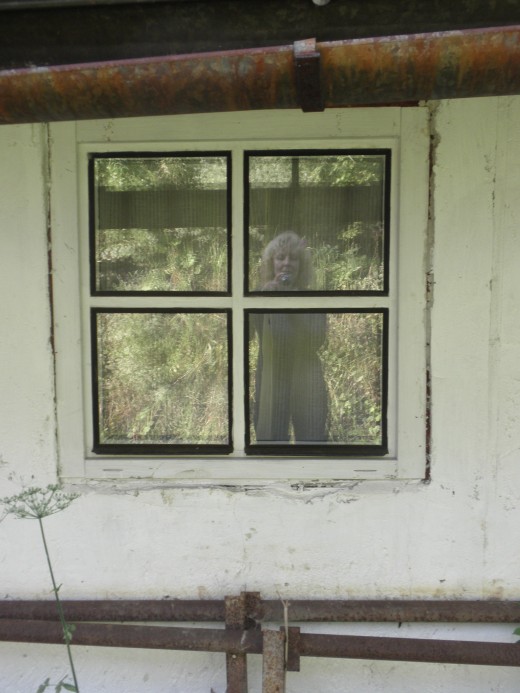
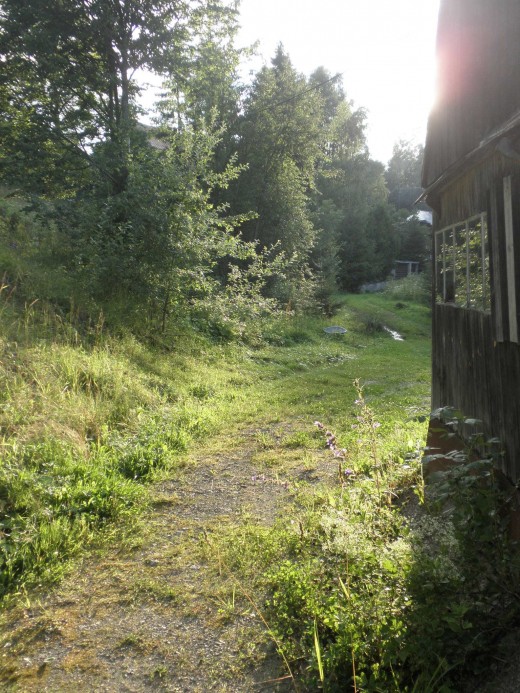
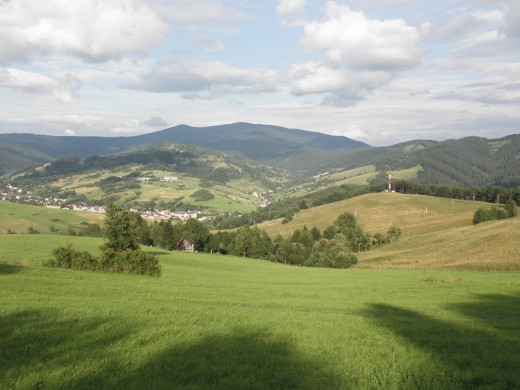
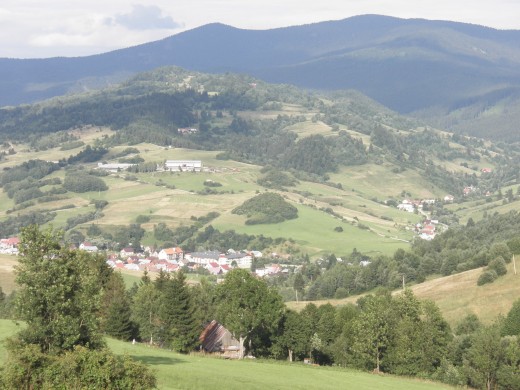
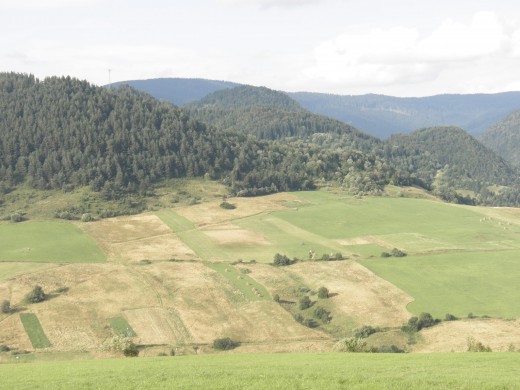
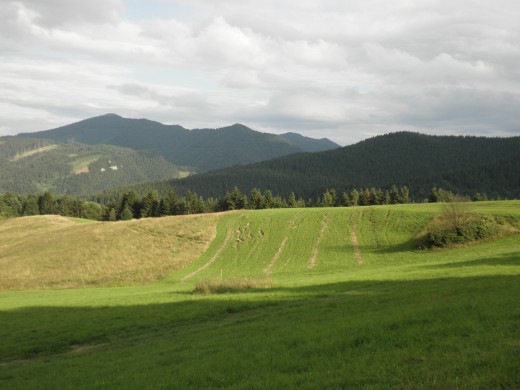
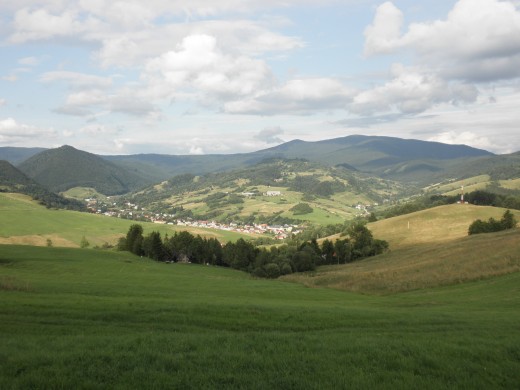
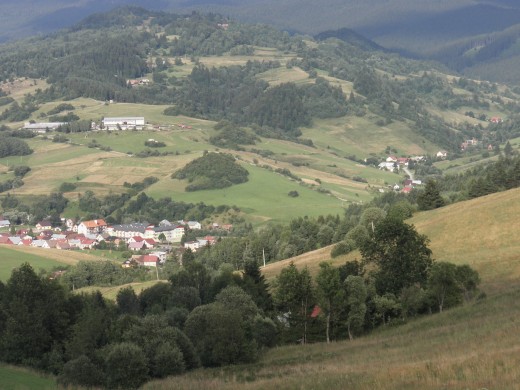
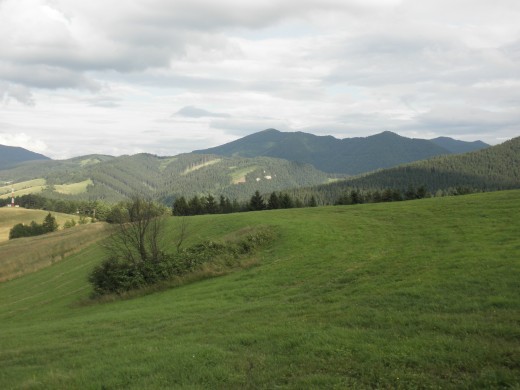
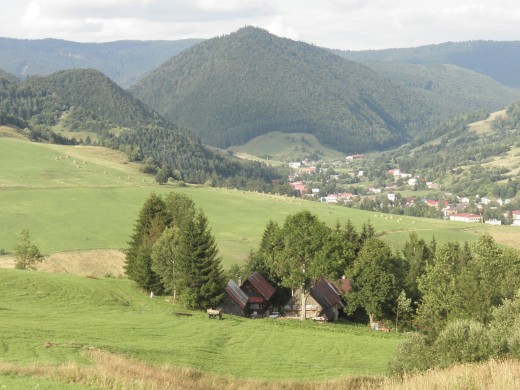
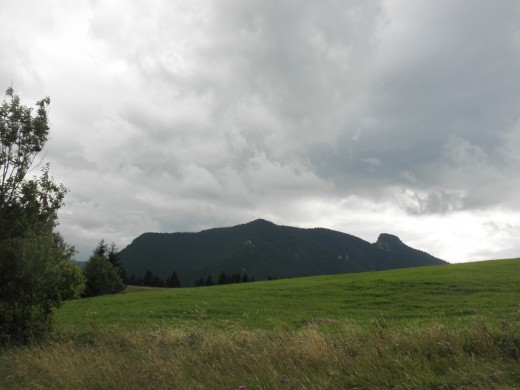
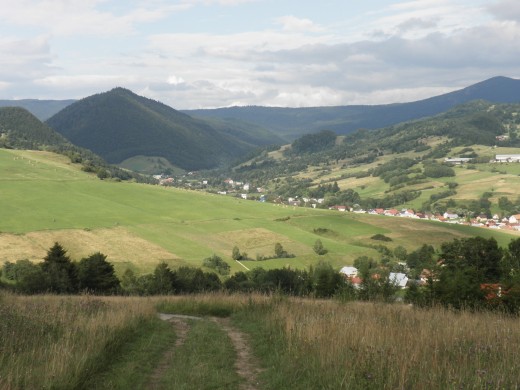
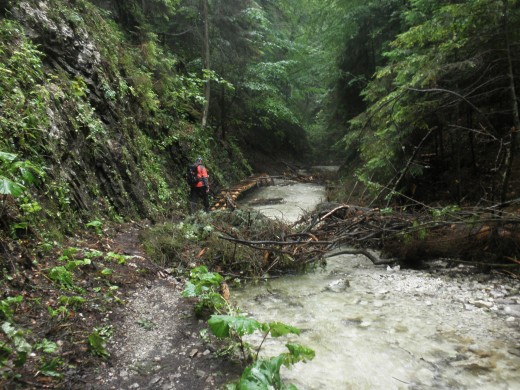
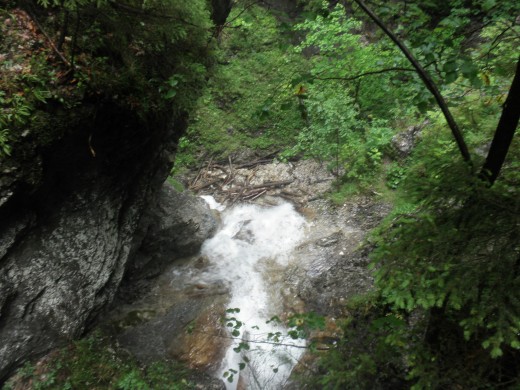
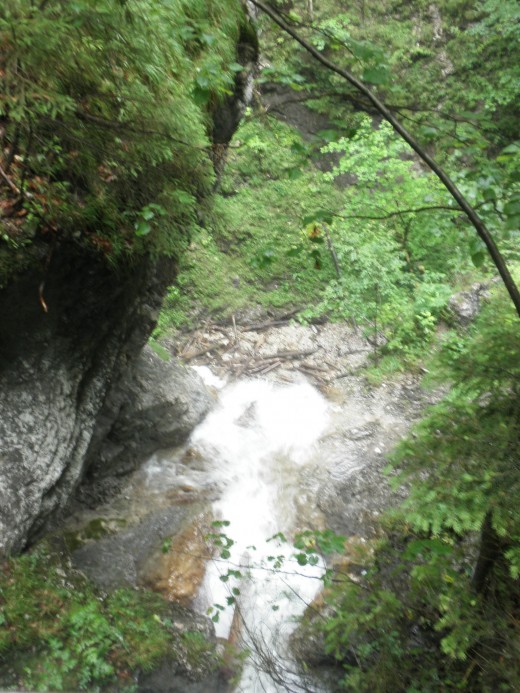
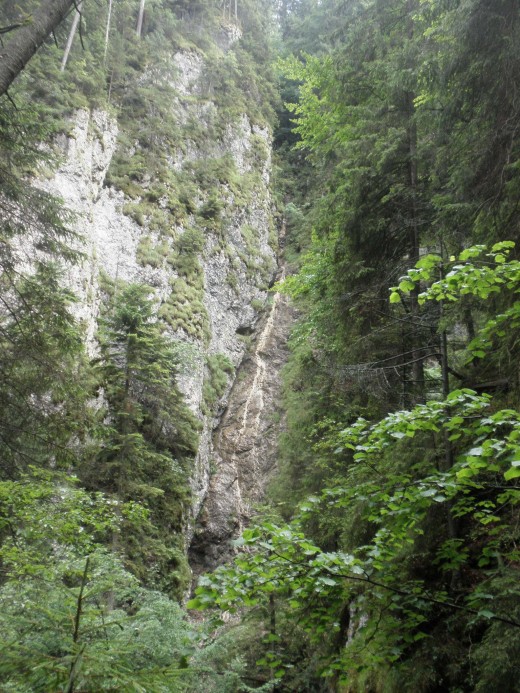
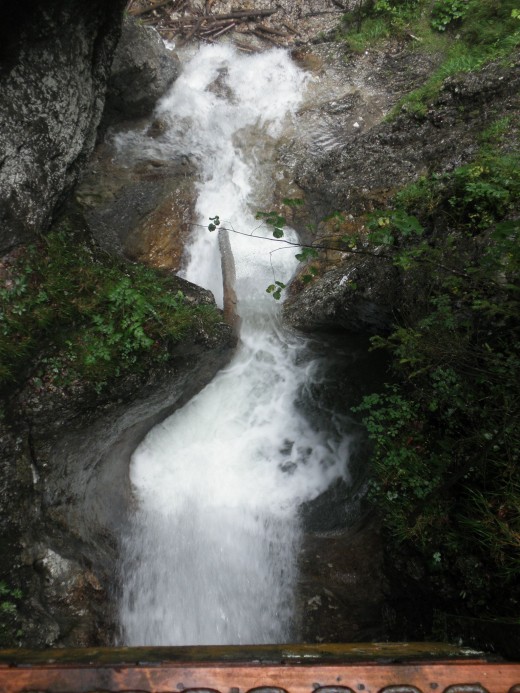
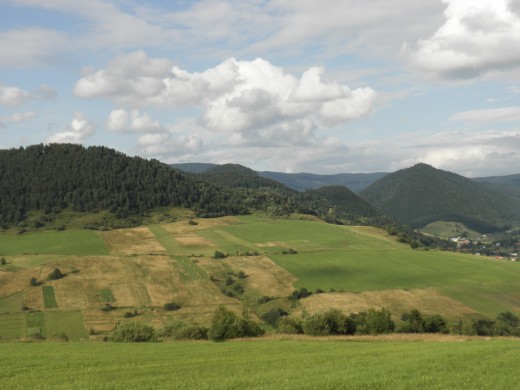
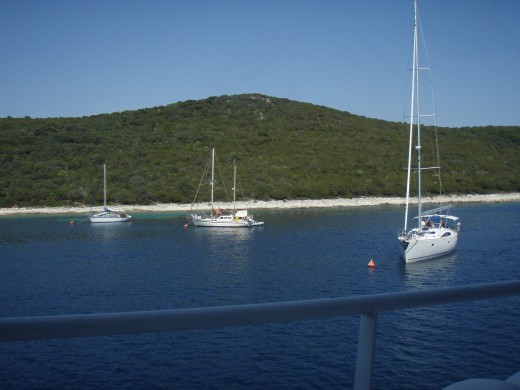
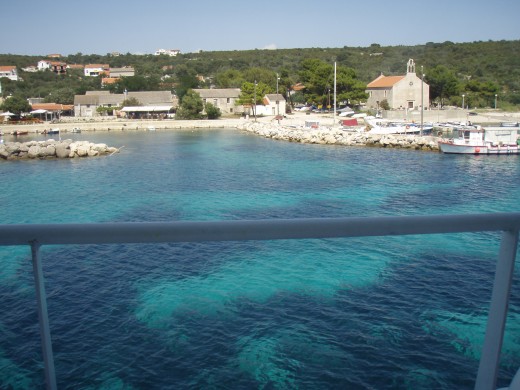
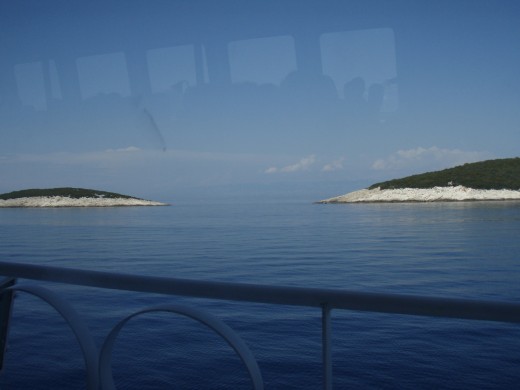
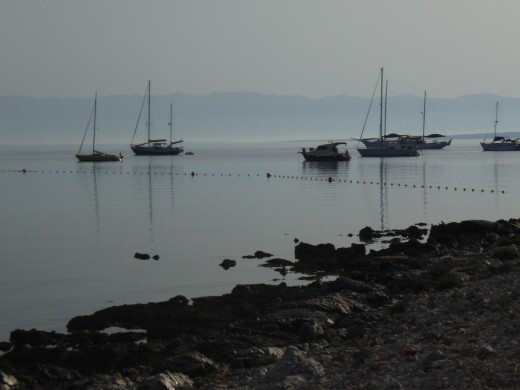

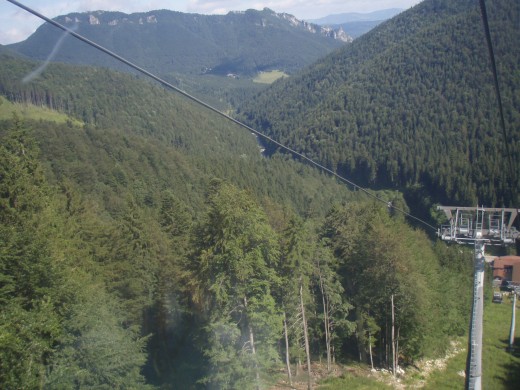
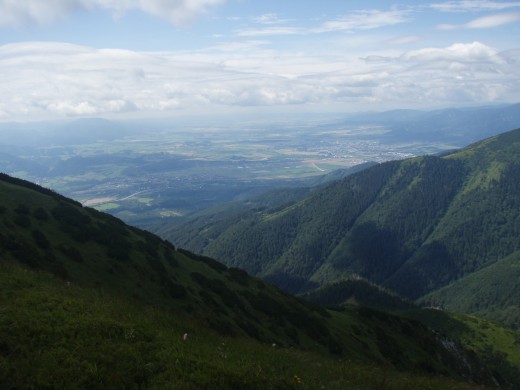
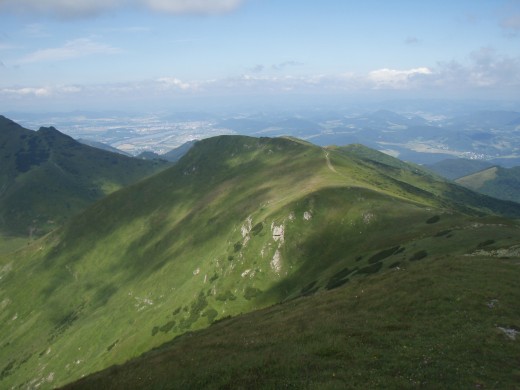
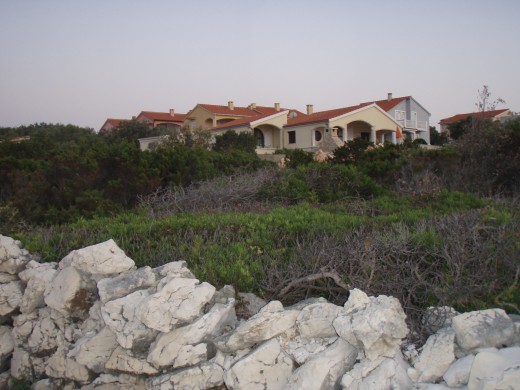
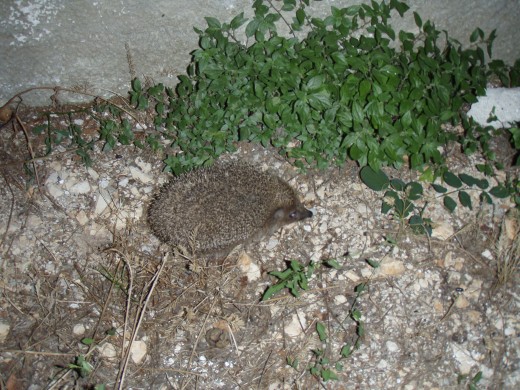
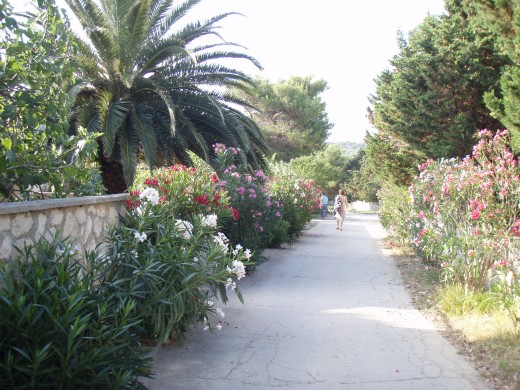
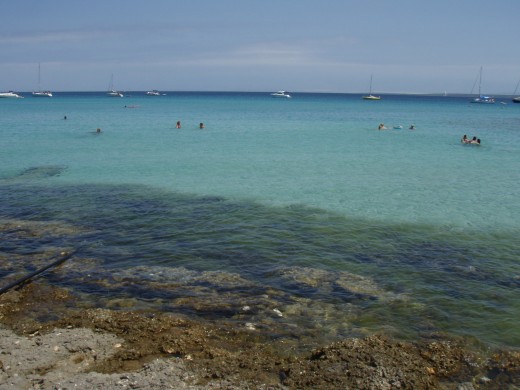
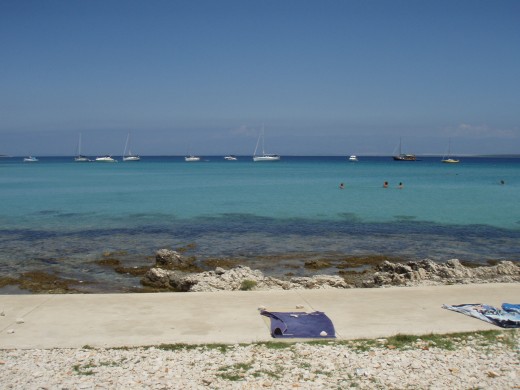
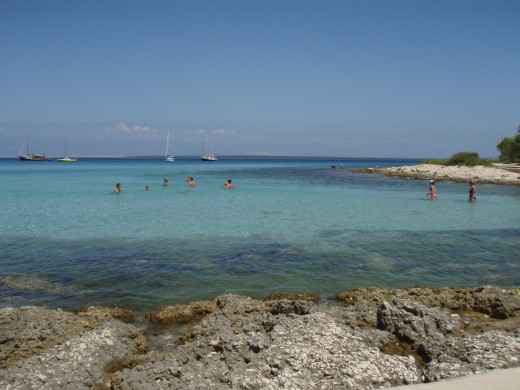
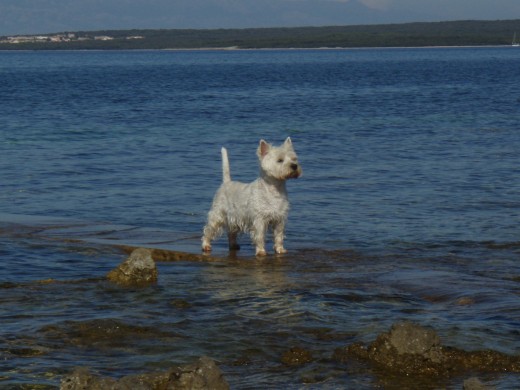
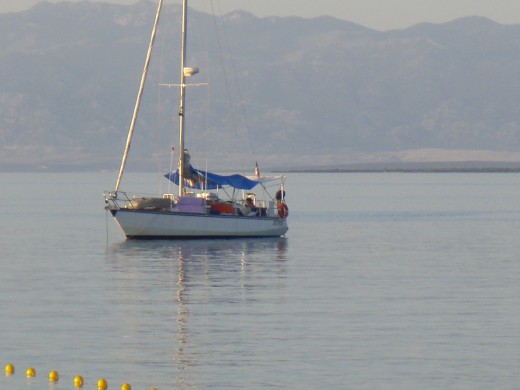
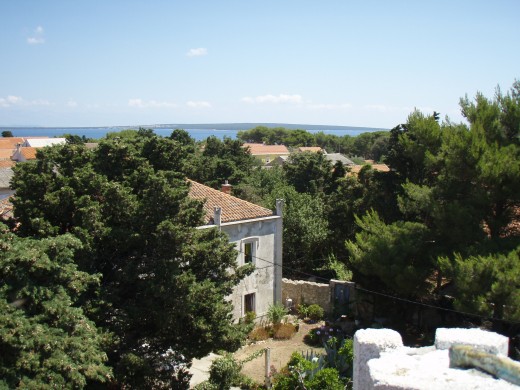
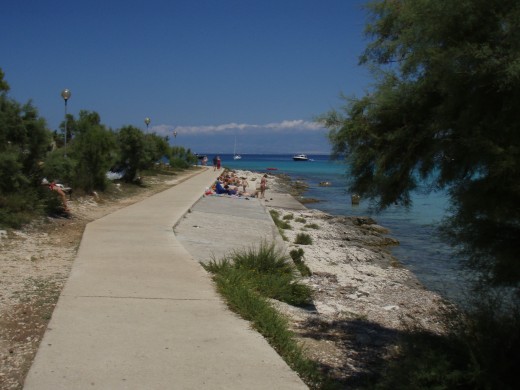
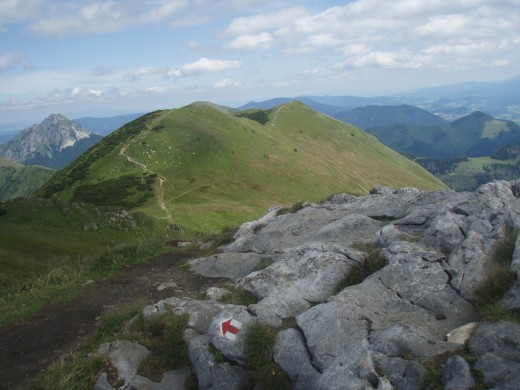
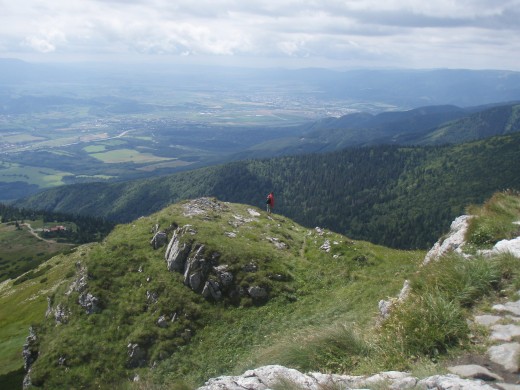
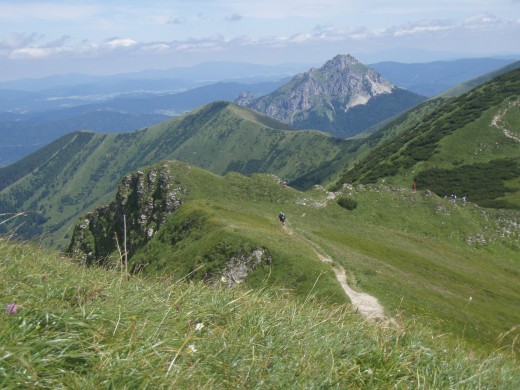
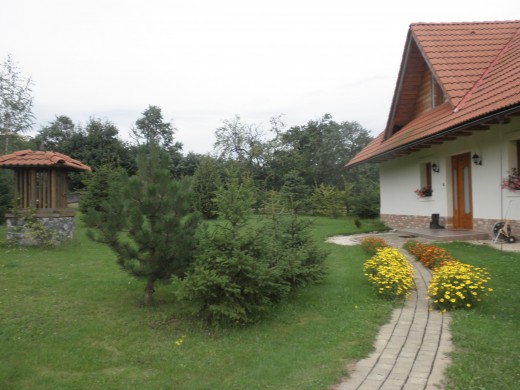
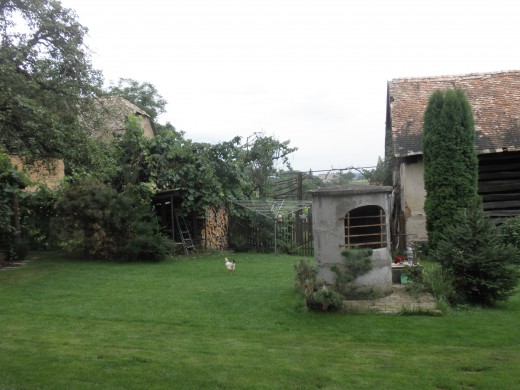
THE FLYING CYPRIAN part 2 (Ancient Slav Legend) retold by Mariana Cengel Solcanska
A man with a face of an angel,
and eyes full of murderous deeds,
Cyprian was his name,
too weak to move
he stared at them
with open suspicion
and hate,
scaring off the boy
who hid under the bed.
There he found a sack
and a book in it
written by Leonardo, son of Piero from Vinci,
the artist and scientist
who died 200 years ago.
The writing confused him,
then he found a drawing
of a man with flying wings.
He couldn't believe his luck,
that was the man he saw in his dreams.
Before the oldest monk or the patient
could notice him,
he disappeared from the kitchen,
to his hiding place
in an abandoned gothic tower
to read, to learn, to build and once to fly...
Back in the kitchen that was their bedroom and their study, the oldest monk lit up the fireplace
checking the small parcels of dry leaves
that hung above it, filling the room with a sweet fragrant smell. His warm wrinkled hand touched the patient's forehead, and his slow and melancholic song echoed around the stony walls;
' ...because I was sad,
I began to tell stories,
when I lost my voice,
I began to write them down,
when I lost my sight,
I began to play my harp,
when the music died in me,
I still had my body to feel
and hands to touch,
I began to heal...'
“Who are you?” the patient asked.
“Everyone and no one,” was the reply.
“Are you a healer?”
“ Maybe, also cook and barber,
cleaner and candle maker...but the magic power of herbs intrigues me...here, drink this.”
The oldest monk brought the hot tea to his lips.
“ That is camomile,” the patient breathed in the earthy smell.
“Looks like we are two of the same kind.” The monk couldn't hide his smile.
He opened his eyes into a cold misty morning in the monastery and left his bed. Taking small uneasy steps, he followed a long dark stony wall into a small courtyard covered with tens of graves - wooden crosses on heaps of dirt.
The old monk with the long grey beard saw him losing his strength:
“Everyone is looking for their own destiny,”
he murmured, leading him back to his bed.
The little boy cautiously peeped in and touched his oily hair but the Cyprian growled at him and chased him away.
“Be kind to everyone,” the oldest monk chastised him:
“ You never know, maybe there is more than the name that you share with them."
In a few days time, he wandered around seeing rows of low identical cells, and a square in the middle with a well and stony walls around.
He went out through the main gate and circled all around it - looking but not seeing the well kept grave without a cross, while he was
coming back from other side. He found a church, dark and bare except for a gold Jesus on its main altar - diamonds pressed to his body to represent his cuts and bruises.
The Cyprian looked, then he touched the precious stones, unaware of the presence of the Superior kneeling in the corner who was
wondering how long this uninvited guest
would stay in this holy place.
He waited until midnight and went back to the church, sneaking in - a thief with a sharpened knife. He cut out the jewels of Jesus Christ,
and when he turned around, the cross fell down, burying his leg underneath.
There he was, injured - lost and scared,
shaking like a leaf until finally his leg was free.
He left the diamonds behind, scattered around,
all except one. A bleeding trail left a sign of shame and defeat, that the monks followed
to his bed. They stood there in silent accusation, praying for his restless soul.
He lied there, ashamed. Covering his eyes, he
squeezed the sharp edge of the knife,
ready to lash out.
The monks sighed in disbelief. Finding the precious jewel, they quietly put it in the sack
under his bed, and then departed one by one,
leaving him alone with his murderous mind.
He woke up thirsty. His leg hurt badly.
With difficulty he reached the ancient well. A distant banging hammer led him to an old chapel, where the oldest monk was repairing the fallen cross.
“The wood of the thousand year old tree that they used for this cross, that for three hundred and thirty three years had survived flooding, fires and time - until you came to us...”
“ Why did you leave me unpunished?”he asked.
The monk looked at him but the Cyprian could not meet his wise wrinkled eyes. In his hand was a walking stick which he had made for him. That was his reply.
“ Honesty and goodness scare you, I see,”
the monk whispered, watching him leave, using the stick with obvious unease.
Apple wine and honey beer,
raspberry cordial and river crabs,
smoked salmon and goat cheese.
Lentil soup and mushroom soup,
fresh baked bread, fried onions and speck...
he ate and drank, drank and ate,
watching the slow paced, simple and spartan life of the hardworking monks -
reappearing from their empty cells,
praying and keeping silence,
moving in accordance with the ringing
of their ever present bells.
No one came here and no one left except those, nearly dead, who had nowhere else to go..
“Everything has its order and its reason. Life is a task, nothing more and nothing else,” he was told by one white haired monk who talked to the herbs and flowers in the vegetable garden in front of his cell.
Everything was spotlessly clean -
their worn out grey robes, even their bare feet after walking for miles on dirt every day.
Then he burnt himself. First on his palm, then on his hands. The oldest monk treated him the first time, but then let him be, crying out in anger and hitting him on his palms:
“You need more and it would never be enough, as physical pain will never be strong enough to silence your inner shame.”
They held each other in their arms, silenced by utter exhaustion.
“ You never questioned me, who am I, what have I done...”
The oldest monk finally stood up and treated his burns one more time.
“ You have to accept your inner pain. It has a reason of its own.”
“But why?”
“ Who seeks truth doesn't seek answers, but looks for the right questions to ask. If you ask
the right question, the answer will be there as well and there will be no need to ask more.”
“How do you know?”
“It was said by Saint Cyprian, the other one with the same name. Lucky you.”
The next day he started to repair the Christ on the Cross. With his bare hands, he polished and set the diamonds back into their holes. All except one, that he couldn't find.
The wise monk, who spent most of his time
rewriting the bible, taught him to read and write. He listened in growing horror at the atrocities of the Lord God, burning alive the men, women and children of Sodom and Gomorah.
The prompting of Hebrews to kill everyone
in Canaan, until finally, he subverted the divine plan for renewal of the human race through Noah and his sons by means of mutiny aboard the ark and throwing the whole family into the flood.
“ They suffered more than us, but why?”
Instead of the answer, his inspired teacher gave him five books of Moses, to read and think freely of what he finds there.
The day of his promise came:
“I, Cyprian, runaway peasant, outlaw and murderer from the past, your common man,
stumbling back and forth around this Slavic land in growing horror at the atrocities done
in your name, come to you God - to serve you for the rest of my life. I promise to live in poverty, cleanliness and order every day until my death. I will follow your voice to do everything what is asked of me by my religious brothers. I promise to give you...”
He looked at the oldest monk-healer, who pointed at his throat.
“..my voice. I promise to stay silent, to be mute for the rest of my life to beg forgiveness for my trespasses.”
It was dawn when they saw the young Cyprian
flying down from the unused tower and crashing down in the dirt with his broken handmade wings.
He was fourteen years old now. The monks could see that he was not ready for God,
not yet.. Pious asked him to leave...to follow his own stars. Everyone was there, wishing him well, giving him something for the road. The new monk found his old sack and handed it to the boy.
The young Cyprian put his hand inside and found the precious stone, the one missing from the cross. He opened gently the new monk's palm and he could feel its warmth. Then he climbed up to his tower one more time, taking off his long grey robe, and running back to the new monk with the flying book in his hands.
“This is yours. I should not have taken it a long time ago, but I thought I could learn to fly...but here I am...” The new monk pushed the book back and touched the shortened old trousers that the boy had on:
“ I know this is also yours, but you will never need them again so...”
Then the new monk touched the bright blue scarf that he knew so well, wrapped tightly around the boy's neck.
“This is mine, the only thing I own. It belonged to my mum.” the new monk opened his mouth.
All the monks standing by looked on in horror. But then, he closed his mouth and picked up the pieces of broken wings, returning back to the kitchen, never seeing the boy again.
It was dawn when the oldest monk-healer died.
The new monk watched his eyes turning glassy - his face full of fearful expectation of the unknown as he turned to him with a last question: “How is it, what is there?”
He waited for the answer, but it was too late.
There is no answer beyond death.
For three days they prayed and sang:
“Requeim aeterman dona eis, Domine et lux perpetua leceat eis...
libera animas omnium fidelium defonctum...”
They put the cot that had slept in for his whole life into the shallow grave. Then they left
in the early evening drizzle. Just the new monk
stayed there, shaking in the cold air of the approaching winter.
The next day he was back in the kitchen,
continuing the healing work of the oldest monk. In Anno Domini 1737, the young monk had read all the medicine books and learnt all that was there to know about plants, materials and metals, diseases and their prevention...
He was left alone among them - not with the monks, except for one, the wise monk, who taught him read and write. Sometimes they looked at each other and smiled knowingly
as old friends do.
One night there was an urgent banging on the kitchen door. When he opened it, a mortally wounded soldier collapsed to the floor,
supported by monks on both sides. He helped him to the cot that the oldest monk had used for him. He saw the gun wounds straight away,
but there was something very familiar about his face.
The young monk-healer operated on his enemy
and he survived. When the Husita opened his eyes, there was recognition from the past. But then he closed them again. The revenge and hate was gone from their lives - chased away by years, blood and acknowledgment of the end.
When he opened them one more time, there was only calmness and something else...
When he was strong enough to leave, the Husita gave him a well preserved roll of human skin:
“I thought of painting my hunting lodge on it, but I never came to it and now I am glad. What is a better way to repay you for my life.”
The young monk sat at his table, unrolling the human skin among his herbs and potions.
Feeling its coolness underneath his fingers,
he thought about his eldest brother - a part of him who was now with him.
A few days passed. The monks saw him sitting there with the precious roll in his lap. The wise monk stopped by and picked it up cautiously,
stroking his arm. He brought back a handmade book, covered in this unusual gift. The young monk started to write.
